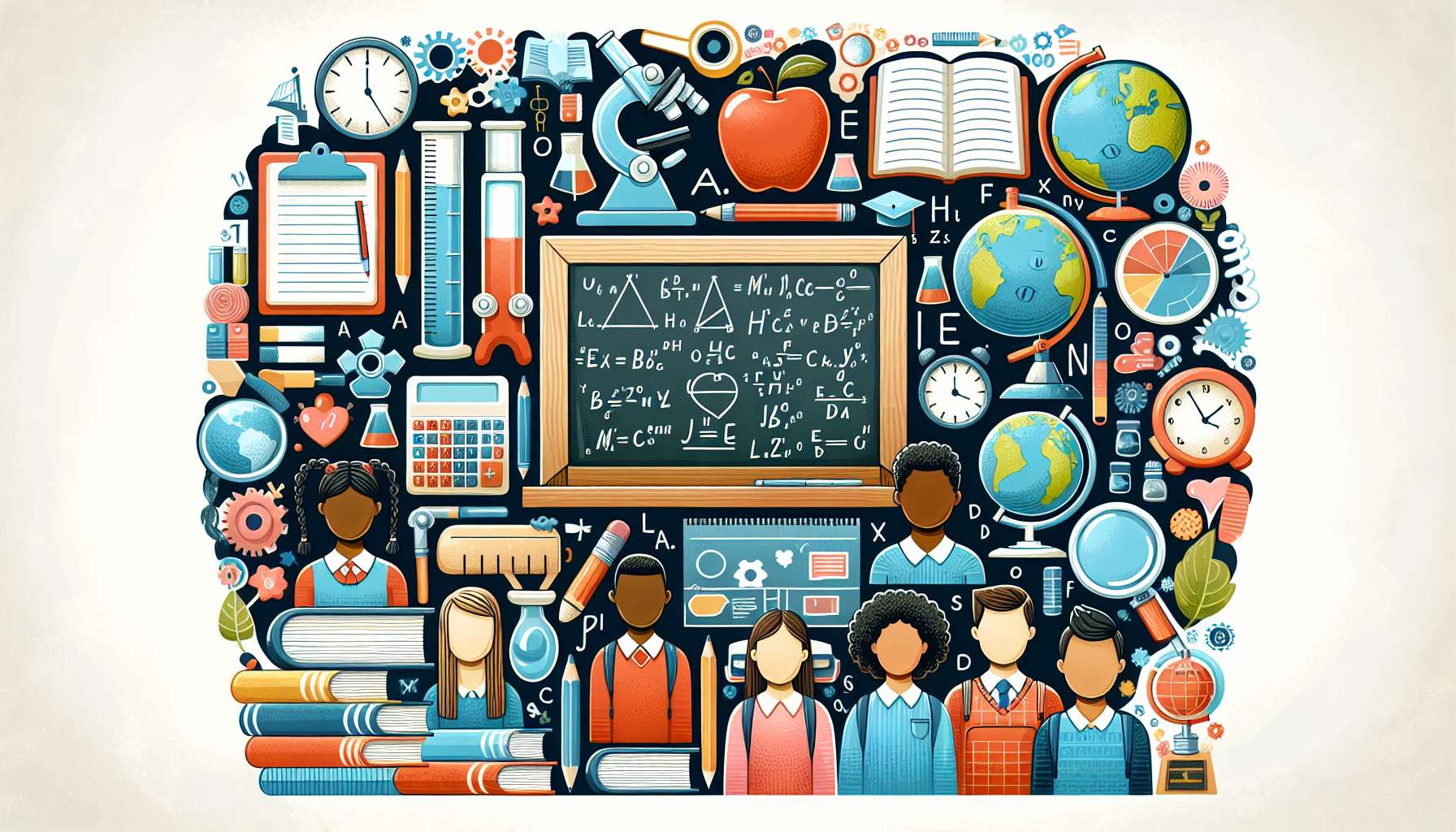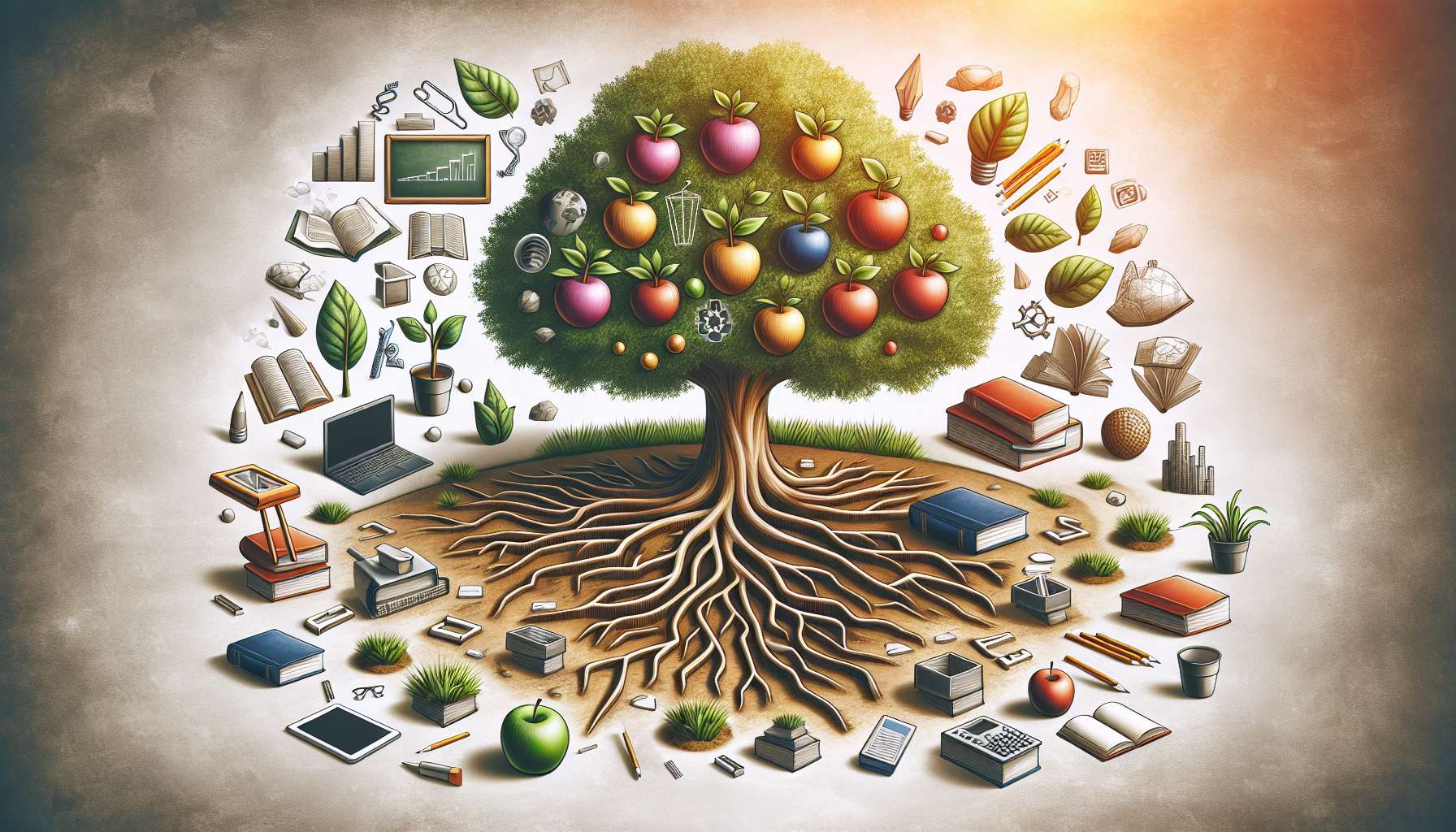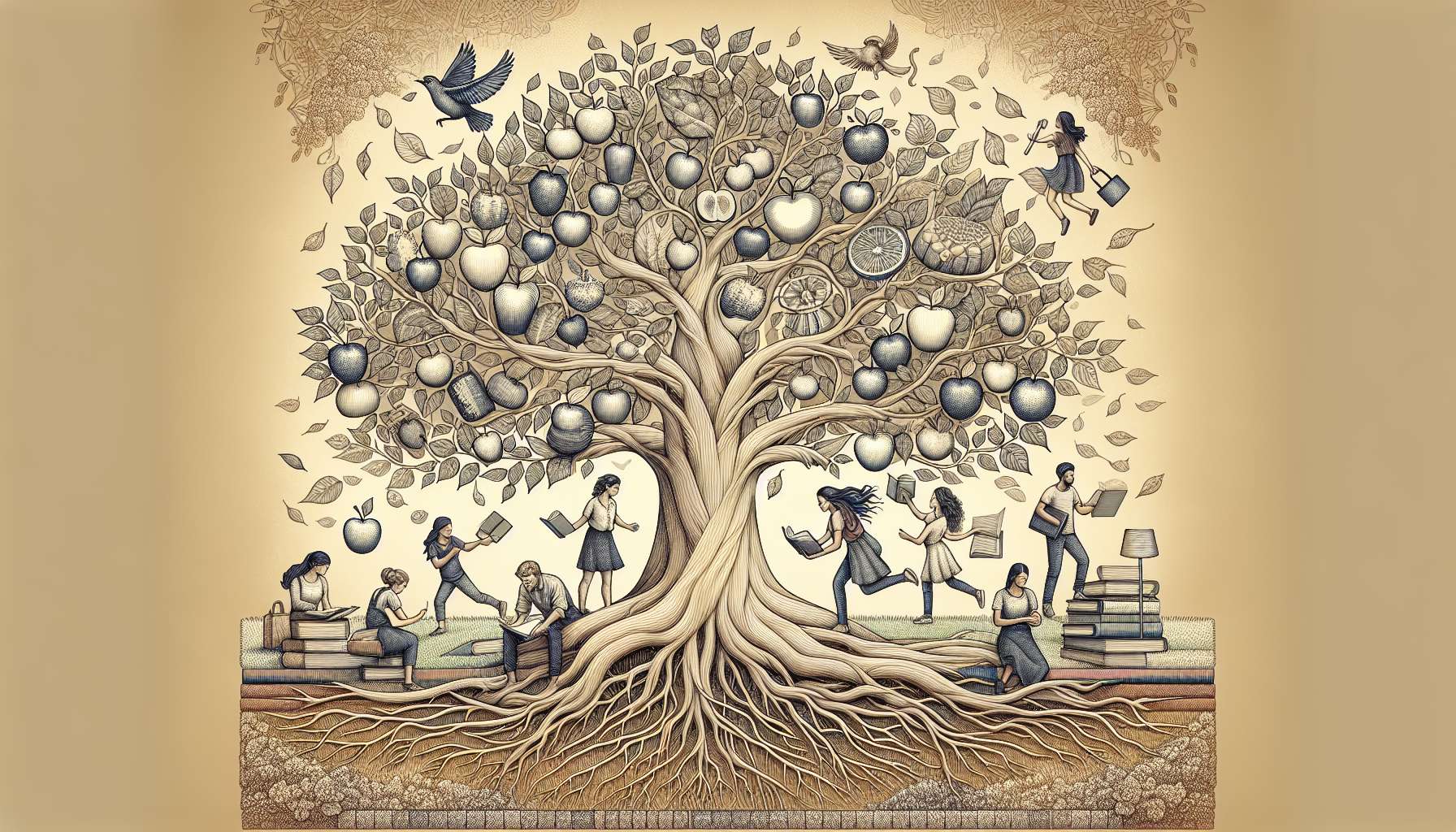Educational Basics: A Comprehensive Guide
Education is the foundation upon which societies are built, shaping the minds and futures of individuals across the globe. From early childhood education to advanced degrees, the realm of education encompasses a vast array of theories, practices, and systems. In this comprehensive guide, we will delve deep into the fundamental aspects of education, exploring its history, current trends, and future outlook. Join us on this enlightening journey as we unravel the intricacies of educational basics.
The Evolution of Education
Education has been a cornerstone of human civilization since ancient times, with early societies emphasizing the importance of passing down knowledge from one generation to the next. In ancient civilizations such as Egypt, Mesopotamia, and China, formalized systems of education were established to educate the young in various subjects ranging from mathematics to ethics. The concept of education continued to evolve over the centuries, with the advent of institutions such as monastic schools in the Middle Ages and the rise of universities in the Renaissance.
Fast forward to the modern era, and education has become more accessible than ever before, with compulsory schooling laws in place in many countries. The Industrial Revolution brought about a shift in the focus of education, emphasizing the need for a skilled workforce to meet the demands of a rapidly changing world. Today, education is seen as a fundamental human right, with efforts being made to ensure equal access to quality education for all individuals, regardless of their background or socio-economic status.
Theoretical Frameworks in Education
Within the field of education, various theoretical frameworks guide the principles and practices of teaching and learning. One such framework is constructivism, which posits that individuals construct their own understanding of the world through experiences and reflection. This theory has influenced modern teaching methods, such as project-based learning and inquiry-based instruction, which emphasize hands-on, experiential learning.
Another prominent theoretical framework in education is behaviorism, which focuses on observable behaviors and the use of reinforcement techniques to promote learning. This theory has been applied in areas such as classroom management and behavior modification programs. Additionally, cognitive theories of learning, such as information processing theory and schema theory, have shaped our understanding of how individuals acquire, store, and retrieve knowledge.
Technology in Education
In recent years, technology has revolutionized the field of education, providing new opportunities for learning and instruction. From interactive whiteboards and educational apps to online learning platforms and virtual reality simulations, technology has transformed the way students engage with educational content. Distance learning, in particular, has become increasingly popular, allowing students to access courses and resources from anywhere in the world.
Moreover, the use of artificial intelligence in education has opened up new possibilities for personalized learning experiences. Adaptive learning systems can analyze student performance data to tailor instruction to individual needs, providing targeted support and feedback. Virtual tutors and chatbots are also being used to enhance student engagement and provide additional support outside of the classroom.
Educational Assessment and Evaluation
Assessment and evaluation are integral components of the educational process, helping educators gauge student progress and learning outcomes. Various methods of assessment, such as standardized tests, performance tasks, and portfolios, are used to measure student achievement and mastery of content. Formative assessment, which provides ongoing feedback to students during the learning process, is also a critical tool for improving instructional practices.
Educational evaluation, on the other hand, focuses on assessing the effectiveness of educational programs and initiatives. Program evaluation studies are conducted to determine the impact of interventions on student learning and outcomes. By analyzing data and feedback from stakeholders, educators can make informed decisions about curriculum design, instructional practices, and resource allocation.
Social and Cultural Influences on Education
Education is not just a process of acquiring knowledge; it is also shaped by social and cultural factors that influence how and what we learn. Socioeconomic status, race, ethnicity, and gender all play a role in determining educational opportunities and outcomes. Inequities in access to quality education continue to be a challenge in many parts of the world, highlighting the need for policies that promote equity and inclusivity.
Cultural norms and values also impact educational practices, shaping teaching methods, curriculum content, and school policies. In multicultural societies, educators must be attuned to the diverse backgrounds and experiences of their students, fostering an inclusive learning environment that celebrates diversity. By promoting cultural awareness and sensitivity, educators can create a more enriching and equitable educational experience for all learners.
The Future of Education
As we look to the future, the landscape of education is poised for further transformation and innovation. Emerging technologies such as artificial intelligence, blockchain, and augmented reality are expected to reshape the way we teach and learn. The rise of online learning platforms and digital credentials is also changing the traditional education model, offering new pathways for lifelong learning and skill development.
Moreover, the shift towards competency-based education and personalized learning approaches is gaining momentum, emphasizing mastery of skills and knowledge over traditional measures of academic achievement. By focusing on individualized learning pathways and outcomes, educators can better meet the diverse needs and interests of students, fostering a more engaging and impactful learning experience.
Expert Opinions
According to renowned education scholar Sir Ken Robinson, “Creativity is as important as literacy and should be treated with the same status.” Robinson advocates for a more holistic approach to education that nurtures creativity, critical thinking, and problem-solving skills. By fostering a culture of creativity in schools, educators can empower students to become lifelong learners and innovative thinkers.
Conclusion
In conclusion, educational basics encompass a wide range of theories, practices, and systems that shape the way we teach and learn. From theoretical frameworks to technological advancements, assessment methods to social influences, education is a multifaceted field that continues to evolve and adapt to the changing needs of society. By understanding the fundamental principles of education and staying abreast of current trends, we can ensure that future generations receive the knowledge and skills they need to succeed in a rapidly changing world.
As we reflect on the profound impact of education on individuals and society as a whole, let us strive to create a more inclusive, equitable, and engaging educational experience for all learners. By embracing innovation, fostering creativity, and promoting lifelong learning, we can pave the way for a brighter future filled with endless possibilities.




